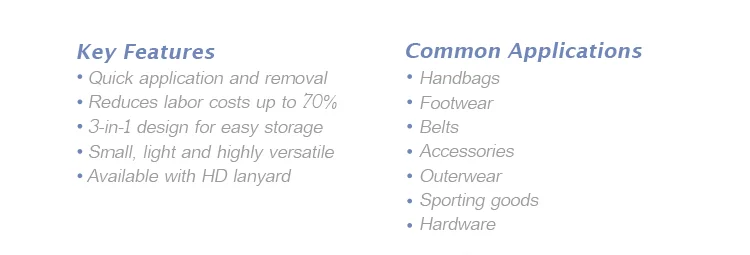Exploring the Different Home Equity Loan Types: Which One is Right for You?
#### Home Equity Loan TypesHome equity loans are a popular financial tool that allows homeowners to tap into the equity of their property. Equity is the dif……
#### Home Equity Loan Types
Home equity loans are a popular financial tool that allows homeowners to tap into the equity of their property. Equity is the difference between the market value of your home and the outstanding mortgage balance. By leveraging this equity, homeowners can access funds for various purposes, such as home renovations, debt consolidation, or major purchases. In this article, we will explore the different home equity loan types available, helping you determine which option best suits your financial needs.
#### 1. Traditional Home Equity Loan
A traditional home equity loan, often referred to as a second mortgage, allows you to borrow a lump sum of money against the equity in your home. This type of loan typically comes with a fixed interest rate and a set repayment term, usually ranging from five to 30 years. Because the interest rate is fixed, your monthly payments remain consistent throughout the life of the loan, making it easier to budget. This option is ideal for homeowners who need a large sum of money upfront and prefer predictable payments.
#### 2. Home Equity Line of Credit (HELOC)

A Home Equity Line of Credit (HELOC) is a more flexible option compared to a traditional home equity loan. With a HELOC, you are given a credit limit based on your home’s equity, and you can draw funds as needed during a specified draw period, typically lasting 5 to 10 years. After the draw period ends, you enter the repayment phase, which can last another 10 to 20 years. HELOCs usually come with variable interest rates, meaning your payments can fluctuate based on market conditions. This type of loan is suitable for homeowners who want to access funds gradually for ongoing expenses, such as home improvements or education costs.
#### 3. Home Equity Conversion Mortgage (HECM)
The Home Equity Conversion Mortgage (HECM) is a government-insured reverse mortgage designed for homeowners aged 62 and older. This type of loan allows seniors to convert a portion of their home equity into cash without having to sell their home or make monthly mortgage payments. Instead, the loan is repaid when the homeowner sells the property, moves out, or passes away. HECMs can provide financial security for retirees looking to supplement their income or cover healthcare costs. However, it’s essential to understand the implications of a reverse mortgage, including potential impacts on inheritance and eligibility for government assistance programs.
#### 4. Interest-Only Home Equity Loans

Interest-only home equity loans allow borrowers to pay only the interest on the loan for a specified period, usually five to ten years. After this initial period, the borrower must start repaying both the principal and interest, often resulting in significantly higher monthly payments. This type of loan can be appealing for those who anticipate an increase in income or plan to sell the property before the repayment period begins. However, it’s crucial to assess whether you can handle the eventual increase in payments.
#### 5. Fixed vs. Variable Rate Home Equity Loans
When considering home equity loan types, borrowers should also evaluate whether they prefer a fixed or variable interest rate. Fixed-rate loans provide stability and predictability, while variable-rate loans may offer lower initial rates but come with the risk of increasing payments over time. Understanding your financial situation and risk tolerance is essential in making this decision.
#### Conclusion

Choosing the right home equity loan type depends on your financial goals, needs, and circumstances. Whether you opt for a traditional home equity loan, a HELOC, or a reverse mortgage, it’s essential to conduct thorough research and possibly consult with a financial advisor. By understanding the different home equity loan types available, you can make an informed decision that aligns with your financial strategy and helps you achieve your objectives.